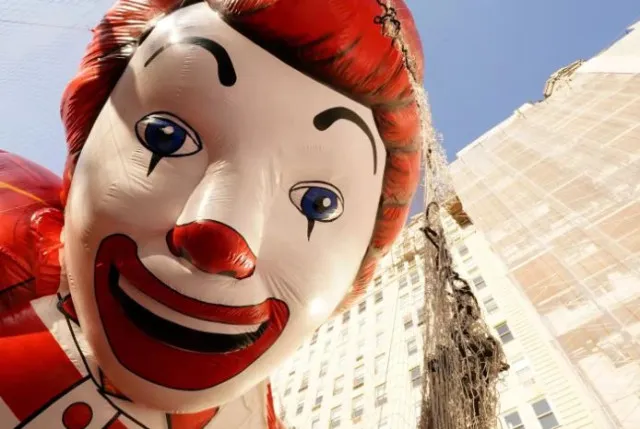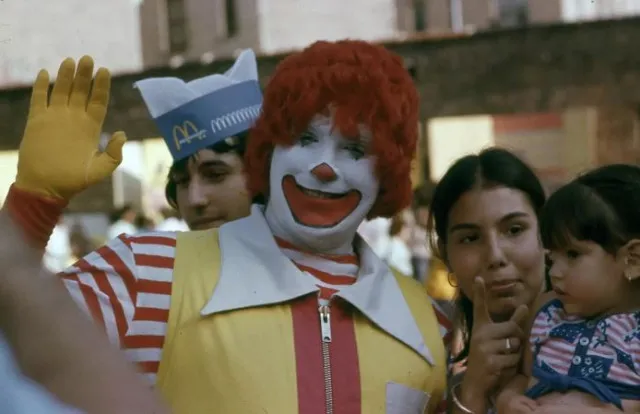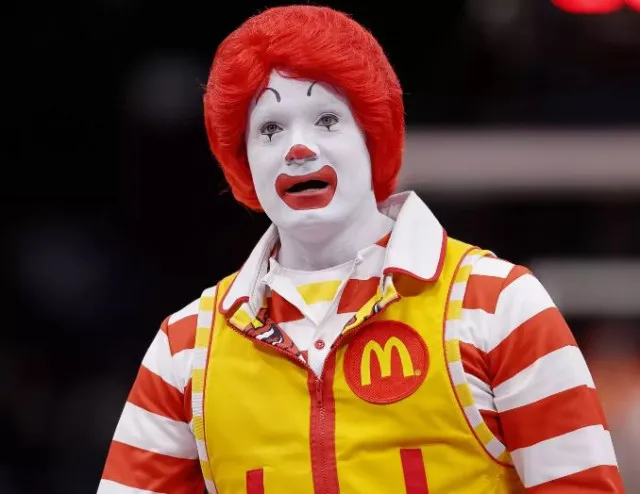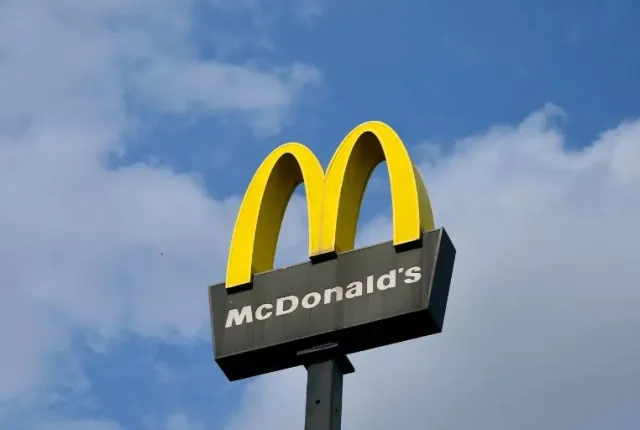Ronald McDonald was—nay, is—legendary in popular culture; however, the clown was quietly phased out
The Phasing Out of Ronald McDonald
For many, Ronald McDonald is an iconic figure associated with the joy of childhood and the thrill of a Happy Meal.

Introduced in the 1960s, the cheerful clown in a yellow jumpsuit, red wig, and white face paint became a central figure in McDonald’s marketing.
Alongside beloved characters like Mayor McCheese, the Hamburglar, Grimace, Birdie the Early Bird, and the Fry Kids, Ronald McDonald was a staple of the whimsical McDonaldland universe.
The Decline of Ronald McDonald

Despite his prominence, Ronald McDonald has become a rare sight in recent years.
McDonald’s began to phase out the character around 2016.
While. this decision was influenced by a troubling trend rather than any issue with Ronald himself or the brand.
The impact of the killer Clown Trend
In August 2016, a disturbing social media trend involving sinister-looking clowns began to spread.

Originally intended as a marketing gimmick for a horror film, the trend quickly escalated beyond its creators’ control.
People dressed as menacing clowns began appearing in public spaces, including near schools. This led to a series of frightening incidents.
Additionally, reports of clown-related disturbances emerged from the United States, Canada, Australia, and the United Kingdom.
For instance, a group in Florida attacked a family, and in the UK, a clown allegedly wielding a knife chased a schoolboy.
The trend created a climate of fear and transformed clowns from jovial entertainers into figures of menace.
McDonald’s response
In response to this unsettling trend, McDonald’s took precautionary measures to distance Ronald McDonald from public events.

The company released statements acknowledging the climate around clown sightings.
They decided to limit Ronald’s appearances in community activities in response.

McDonald’s clarified, “McDonald’s and franchisees in the local markets are mindful of the current climate around clown sightings in communities and as such are being thoughtful in respect to Ronald McDonald’s participation in community events for the time being.”
Additionally, a statement on McDonald’s UK website noted, “We’re afraid that Ronald McDonald no longer appears in McDonald’s UK
advertising, but he is still very busy working for us. He often travels up and down the country to help promote some of our exciting new activities and visits our restaurants to make sure everyone is enjoying their meals.”
The phased removal of Ronald McDonald from public view was a direct response to a broader cultural shift influenced by the disturbing killer clown trend.
While Ronald McDonald may no longer be as visible, his legacy as a symbol of joy and childhood remains significant. He continues to be a notable part of McDonald’s history.
In shoet, the brand’s careful handling of the situation reflects its commitment to ensuring a safe and positive experience for its customers.